According to its Code of Practice, the ABC “has a statutory duty to ensure that the gathering and presentation of news and information is accurate according to the recognised standards of objective journalism”. The Code also states the ABC has an “obligation to apply its impartiality standard as objectively as possible”.
Impartiality is defined as ensuring: “a balance that follows the weight of evidence; fair treatment; open-mindedness; and opportunities over time for principal relevant perspectives on matters of contention to be expressed”.
While the ABC has a long history of ignoring its code in its campaign to enforce cultural-left ideology and groupthink, proven by multiple episodes of Q&A and Insiders, a recent episode of The Drum provides an even more striking example.
Aired on Monday, May 31, the program reports on how Australian history, in particular Aboriginal culture, history and spirituality, is dealt with in the recently released revised Australian national curriculum.
The compare, Julia Baird, immediately sets the tone by stating it’s a “common refrain” that “we were never taught indigenous history at school”. As evidence, Baird refers to the 2014 review of the Australian national curriculum and its recommendation there should be “a greater focus on Western civilisation and so-called Judeo-Christianity”.
Baird then announces the “pendulum may have swung back” with educators now pushing for a curriculum focusing on “First Nations’ perspectives of the European arrival”; one where colonisation is described as an “invasion”.
The potted summary of the national curriculum’s development that follows includes excerpts from interviews with Christopher Pyne, the then commonwealth education minister and me as co-chair of the 2014 review. Both excerpts are used to reinforce the view the existing curriculum unduly emphasises Western civilisation and Judeo-Christianity.
Once again the claim is made the revised history curriculum “has changed focus again, this time with renewed attention on First Nations’ perspectives”. To reinforce the belief the new history curriculum, unlike the old, will finally give due recognition to Aboriginal studies a classroom is shown with students studying Lake Mungo and the discovery of the Mungo woman.
Ignored is that the existing curriculum already includes reference to the Mungo woman. The existing years 7-10 curriculum also asks students to investigate: the need to conserve indigenous heritage; the impact of European settlement (including massacres and the impact of disease); the stolen generations; Aboriginal freedom rides; reconciliation and Mabo plus the 1938 day of mourning.
Also ignored by The Drum is that one of the three cross-curricula priorities informing the existing Foundation to Year 10 curriculum is listed as Aboriginal and Torres Strait Islander history and culture. The study is mandatory on the basis “all students (are) to engage in reconciliation, respect and recognition of the world’s oldest continuous living cultures”.
In addition to ignoring the reality the current curriculum, even after the 2014 review, places a heavy emphasis on Aboriginal culture and history those interviewed by The Drum appear to have been chosen to ensure they all sing from the same songbook.
One of those interviewed, an Aboriginal academic involved in writing the new history curriculum Mark Rose, not unexpectedly, argues a decade ago “Aboriginal perspectives were really invisible and mute in the curriculum”. Rose also argues the curriculum must embrace “competing world views”.
A situation where students learn about “the richness of the country that they live in” and are able “to view it from a number of perspectives”. Ignored is that the new curriculum, by refusing to acknowledge the significance of Western civilisation and Judeo-Christianity, achieves the opposite.
A second person interviewed by The Drum, another Aboriginal spokesman and Wellness Advisor from the NSW Department of Education, Kylie Captain also embraces the new curriculum’s emphasis on indigenous culture and history by arguing “Aboriginal education is everyone’s business” and “everybody’s history”.
Captain, in line with the current mantra employed by blacktivists to suggest up until now what students have been taught about Aboriginal history is untrue, also argues she loves “the notion of truth-telling” and that prioritising indigenous studies is all “about truth-telling”.
Former Liberal politician Pru Goward is the third person interviewed and once again viewers are presented with a bleak view of how Aboriginal history has been perceived. Goward states “the history of how we (Europeans) have treated Aboriginal people has been so shocking that for a long time nobody was really prepared to discuss it”.
As previously mentioned, under its Code of Practice the ABC is obliged to ensure all its programs provide “a balance that follows the weight of evidence; fair treatment; open-mindedness; and opportunities over time for principal relevant perspectives on matters of contention to be expressed”. Clearly The Drum’s coverage of the new Australian history curriculum fails on all accounts.
Dr Kevin Donnelly is a senior research fellow at the Australian Catholic University. His new anthology, Cancel Culture and the Left’s Long March, is available on his website.
Got something to add? Join the discussion and comment below.
Get 10 issues for just $10
Subscribe to The Spectator Australia today for the next 10 magazine issues, plus full online access, for just $10.

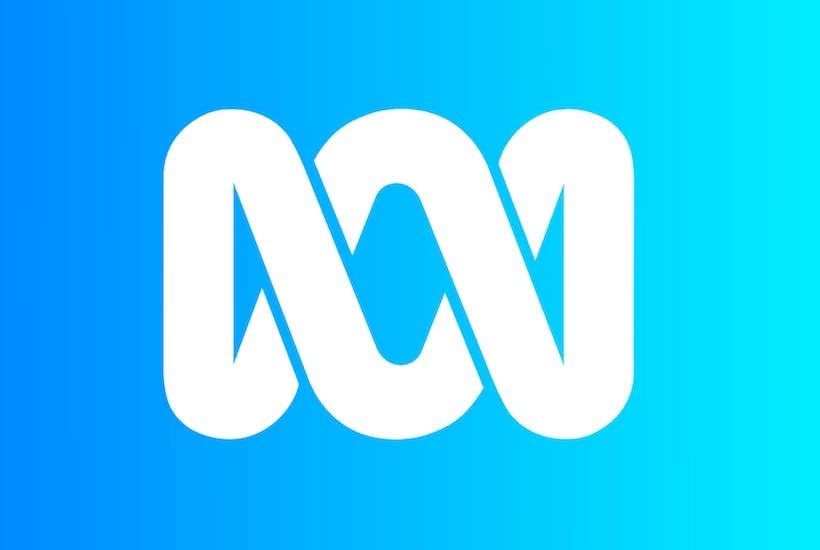
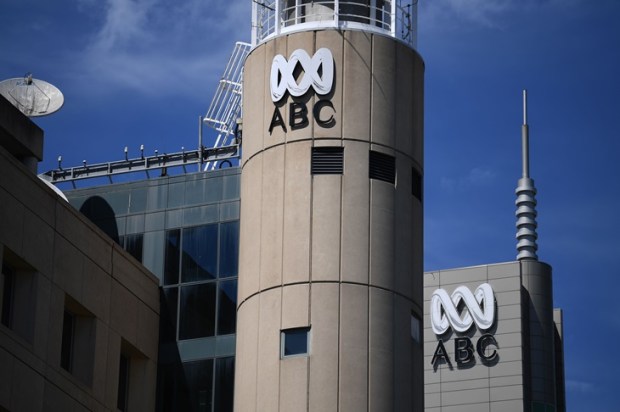
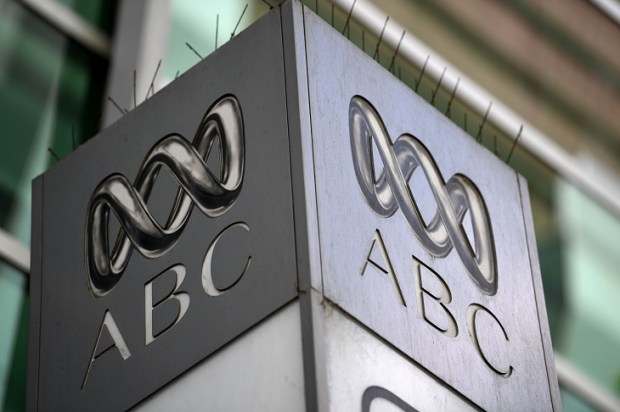
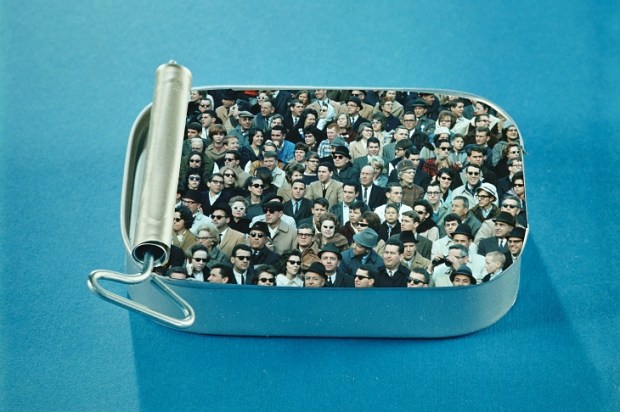


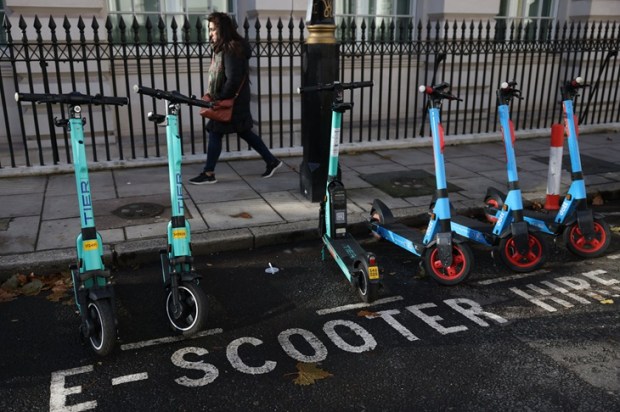


















Comments
Don't miss out
Join the conversation with other Spectator Australia readers. Subscribe to leave a comment.
SUBSCRIBEAlready a subscriber? Log in